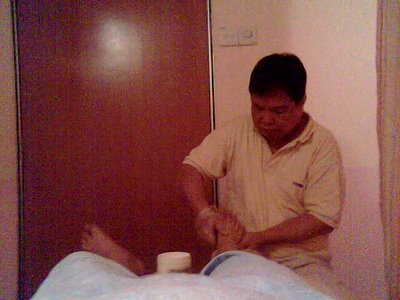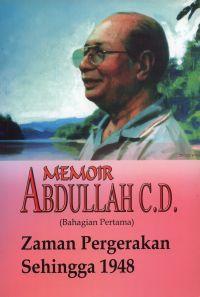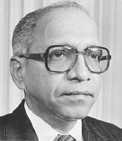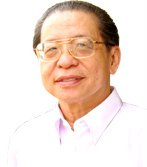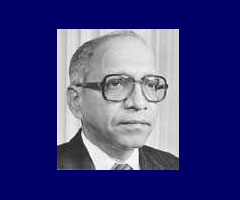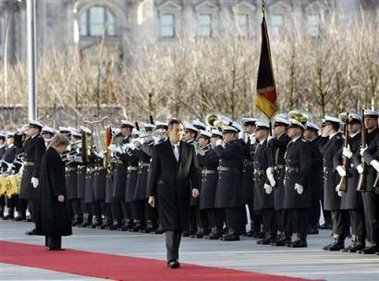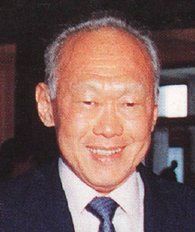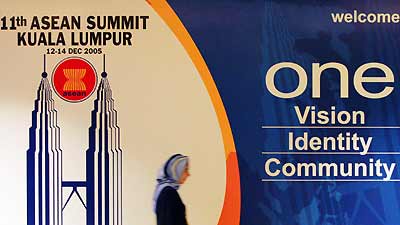 (To give just two highly credible samples to serve as antitodes to reports and commentaries in the local Malaysian media which is going to be as 'positive' as possible to make us, especially the less educated and less informed ones at home feel-good and feel-great. But, dudes, time has changed: we need realistic views about the new world outside to ensure the survival of our businesses and our families' economic well-beings. There are more credible news and views on the subjects outside Malaysia if you can spend sometime to surf. JW)
(To give just two highly credible samples to serve as antitodes to reports and commentaries in the local Malaysian media which is going to be as 'positive' as possible to make us, especially the less educated and less informed ones at home feel-good and feel-great. But, dudes, time has changed: we need realistic views about the new world outside to ensure the survival of our businesses and our families' economic well-beings. There are more credible news and views on the subjects outside Malaysia if you can spend sometime to surf. JW)UPDATED: 16:59, December 07, 2005
East Asia Summit: in the shadow of sharp divisionsPeople's Daily Online
The two-day First East Asia Summit will open on December 14 in
Malaysia. Leaders from 16 countries are expected to exchange views on international and regional issues in political, economic and social fields and release a Kuala Lumpur Declaration. However, participating countries are still quite divided over some questions.
Political divisionsThis summit finally fixed at a 10+6 pattern, that is, attendees include ten countries of the Association of Southeast Asian Nations (
ASEAN), plus China,
Japan, the
ROK,
India,
Australia and New Zealand. Currently they are quite split over the content of the expected Kuala Lumpur Declaration and drafting work came to a halt.
According to insiders, some countries including
Thailand sided with China over the claim that "this entity must take ASEAN + 3 (Japan, China, the ROK) as its core" and demanded no mentioning of community in the draft. While some others led by Japan hope to write into the draft "to build a future East Asia Community" and names of the 16 countries.
By doing so, ASEAN diplomats believe, Japan is trying to drag countries outside this region such as Australia and India into the community to serve as a counterbalance to China.
To grab the upper hand at the meeting, analysts say, Japan would most probably dish out the "human rights" issue and draw in the
United States,
New Zealand and Australia to build up US, Japan-centered western dominance.
At the same time, it will particularly highlight the differences in political and economic systems between developed countries such as Australia, New Zealand and the ROK and developing ones including China and
Vietnam, in an attempt to crumble away cooperative forces and weaken Chinese influence in East Asia.
Chinese Foreign Ministry spokesman Qin Gang pointed out last week that China has no intention to play a dominant role in East Asia since every country is an equal member of this region; peace, development and stability in this region are in the interests of all members and China hopes to achieve common development and win-win results through regional cooperation.
Economic divisionsDifferences in this regard mainly fall on the process of economic integration. Some countries led by India expect to push forward the process. India hopes to build a free trade area extending from Bombay to New Zealand's Christchurch, and finally expand the area, which covers 3 billion people, into the world largest of its kind. But India's proposal is not warmly responded as each country has its own considerations.
Since participating countries have failed to reach agreement in many aspects before the meeting, some foreign analysts don't expect much from this summit, saying it can only probably produce intangible results if there are any.
A Malaysian researcher on strategic studies even believes that the East Asia Summit will finally collapse, because actually it is only an empty shell unable to yield any substantial results; while an Indian official said they only regard the summit as a piece of brick in building the free trade zone.
United States, Russia shunned outRussia and the United States are also very interested in this summit, but are shunned out, sources say. This is because of ASEAN's three requirements on participating countries: having substantial relations with ASEAN, being a partner of ASEAN dialogues and a signatory to the Treaty of Amity and Cooperation in Southeast Asia. To obtain an "admission ticket" to the summit, Australia followed India and New Zealand to say it would join the treaty as soon as possible. As a result, the First East Asia Summit finalized at a 10+6 pattern.
ASEAN turned the United States down, giving a technical reason that it is not a member of the treaty. Russia, although a signatory to the treaty, also failed to get entrance. It is learned that before the summit opens ASEAN will hold a separate 10+1 talk with Russia, whose entry into the summit is perhaps only a question of time.
Time is GMT + 8 hours
Posted: 10 December 2005 1537 hrs
ASEAN admits trade talks hit troubles Channel News AsiaKUALA LUMPUR - Negotiations over a raft of free-trade deals between Southeast Asia and its neighbours have run into problems, but the region remains committed to striking deals, a top official said Saturday.
"Not all of them are moving along satisfactorily as we would like to see," Association of Southeast Asian Nations (ASEAN) chief Ong Keng Yong said at a business forum on the sidelines of the bloc's annual summit.
Ong said that deals with China, India, Japan, South Korea, Australia and New Zealand had hit difficulties over reaching common standards, as well as balancing the interests of different business lobbies.
"We are carrying on our negotiations with China on trade and services and investment groups," he said of the ASEAN-China free trade agreement, which is targeted to be struck by 2010.
"For Korea, we have moved forward, although there are still some difficulties," he said.
"For Australia and New Zealand, we have intensified our negotiations and there are various activities ongoing which will be facilitating" discussion.
With the economies of regional heavyweights Japan and India, Ong indicated discussions were tough.
"We are undergoing very hard negotiations but we believe we should be able to come up with something satisfactory that is good," he said, without elaborating.
The ASEAN chief said that despite the hurdles, it was vital that the free-trade agreements (FTAs) were reached.
"We are committed to concluding all these FTA negotiations because we don't just believe in the economic value of these FTAs, we believe that the FTAs will help ASEAN to secure our future and compete well with the rest of the competitors in the globalised economies," he said.
Underlining the difficulties, Thailand on Friday refused to sign a trade agreement between South Korea and ASEAN, baulking at Seoul's insistence that rice be protected from tariff cuts.
Ong said that ASEAN was still optimistic that the two sides will come to an agreement on the trade accord, which is a precursor to a full FTA.
"There will be problems but at the end of the day, it will happen in a slow way," he said.
Malaysian Prime Minister Abdullah Ahmad Badawi deflected criticisms that the array of free-trade agreements being thrashed out in the region could undermine global talks under the aegis of the World Trade Organisation (WTO).
"It has no intention to replace the WTO but it will be like building blocks towards a global kind of FTA," he said at the business forum.
Abdullah said the ASEAN agreements were not aimed at shutting out other countries, but at staying competitive in the face of the economic powerhouses of China and India.
"It should be welcome news to all international traders that regional integration within Asia will not create barriers to trade with the rest of the world," Abdullah said.
"Asia cannot afford to adopt such a policy, as it will then limit the flow of much-needed goods, service and capital."
"While many of these Asian countries are involved in one or more bilateral or regional trading arrangements, these countries remain open to goods, services and capital from countries which are not members of such arrangements."
Abdullah said that a study investigating the potential for a giant East Asian free-trade area embracing the 10-member ASEAN and its "plus three" partners, China, Japan and South Korea, was making good progress.
"I believe it should become a reality," he said. - AFP/ir
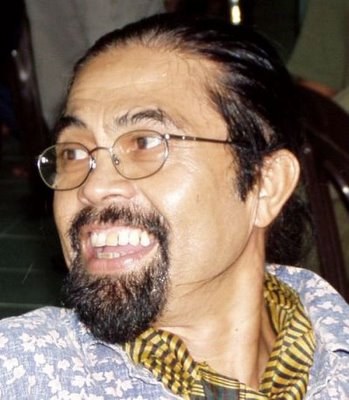
 According the Tian Chua, 1,000 regional MCA leaders and members in Penang are crossing over to Parti KeADILan Rakyat (PKR) on 9 January 2006.
According the Tian Chua, 1,000 regional MCA leaders and members in Penang are crossing over to Parti KeADILan Rakyat (PKR) on 9 January 2006.









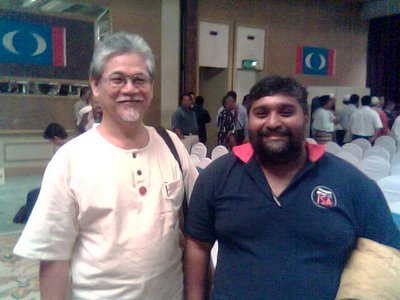








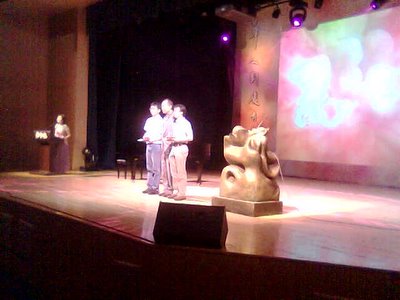

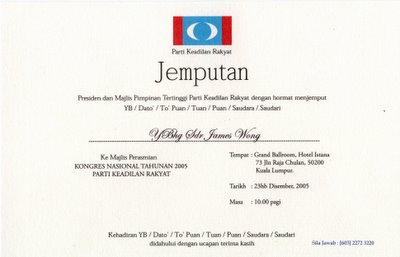
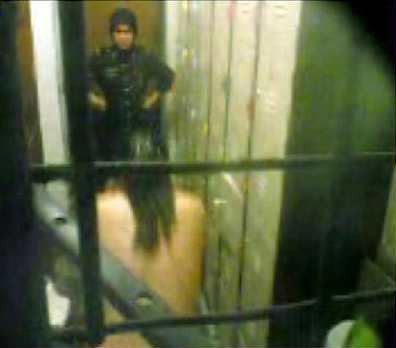
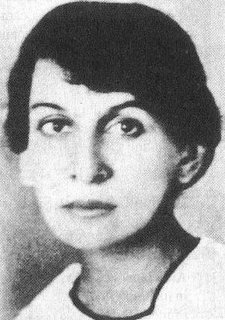
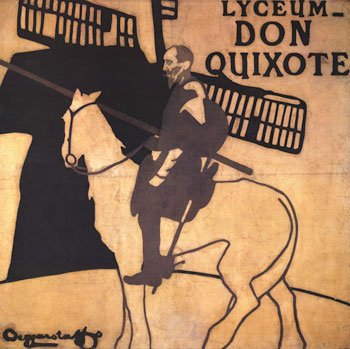
 With the public reprimand of Burma on its human rights violation which is right and appropriate, Asean has finally breached its 'non-interference' policy.
With the public reprimand of Burma on its human rights violation which is right and appropriate, Asean has finally breached its 'non-interference' policy.

